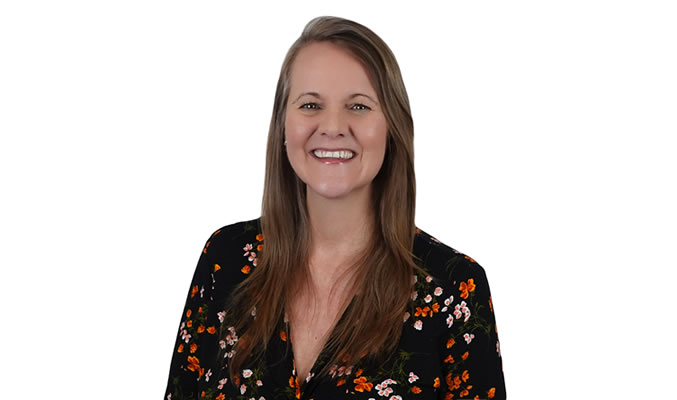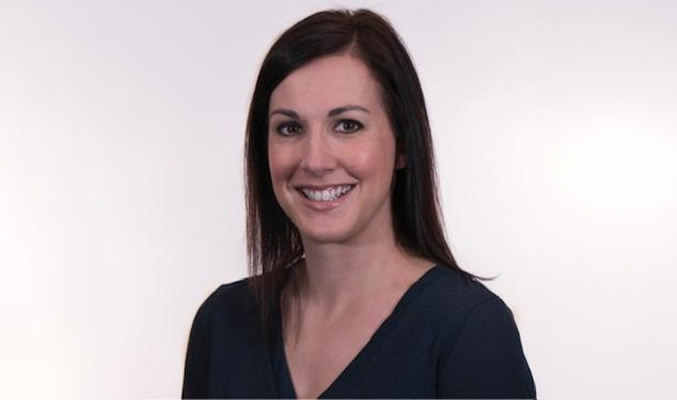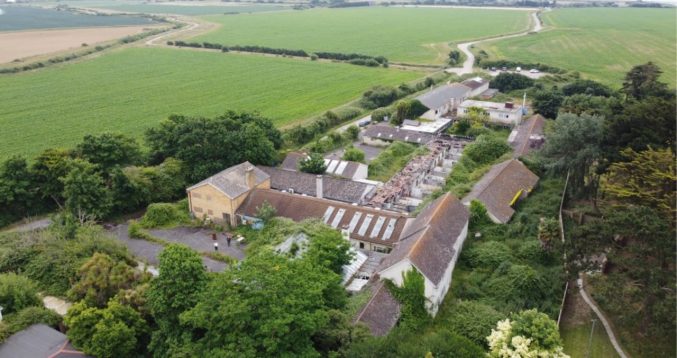Big Interview: Hope Capital CEO Jonathan Sealey
By Laura Miller

Hope Capital’s core principles are “delivering rapid short term bridging loans with total professionalism, honesty and transparency”. Yet to be published are the core principles of any company that declare on the letter heading an intention to be unprofessional, deceitful and slow, but we’ll take CEO Jonathan Sealey at his word when he says, after a tumultuous 2020 and uncertain 2021, he will steer his ship by “staying true” to these lofty ambitions.
Retail, aviation, and hospitality have been poleaxed by lockdowns. Bridging was not immune. In 2020 bridging lending fell by £278m due to Covid-19 disruption, according to the latest data from Bridging Trends, as lenders turned off the funding taps or tightened them considerably, not knowing which direction things would take. Yet, with construction and estate agents exempt from closure after the initial Spring restrictions, signs are the sector’s recovery is well underway, boosted, of course, by the petrol-pouring success of the stamp duty holiday.
Hope Capital is one lender that seems to have had a good crisis. By its own account it recorded a 291% increase in bridging loan completions for the 12 months to December 2020, compared to a year earlier, growing its loan book to the largest point to date. New enquiries were at previously unseen levels, it added, with cases rising by 135%. “The demand for bridging loans is currently booming,” says Sealey. In uncertain times, like the last 12 months, investors often turn to property as a safe haven, he points out. “There are many opportunities for lenders to evolve and stand out from the crowd, by listening to brokers and borrowers and identifying what the new market trends are,” he says.
One of these new trends is undoubtedly homeworking. A survey of just under 1,000 firms by the Institute of Directors in October found 74% plan on maintaining the increase in home working, a switch that has also led to demand for properties to accommodate this change of use. Homebuyers have been reacting by looking for more space in their property, now they expect to spend more time there; the average cost of a detached home in the UK reached £486,595 in December 2020, according to Halifax – an increase of £43,364 from December 2019. Not everyone can afford a large country pile, however, and the obvious alternative is renovation. A survey by NatWest in October found more than three-in-five homeowners (62%) would consider remortgaging to undertake a home improvement project.
Sealey has been keen to meet similar demand among property investors trying to get ahead of this new curve among future renters and buyers. Hope Capital launched the Refurbishment Range at the beginning of 2021, “aimed specifically at property investors and renovators undertaking property purchases and refurbishment projects to fit in with the ever-increasing work from home trend and increase yield”, he says. Ambitiously, Hope Capital continued to launch other tailored products last year and at the start of 2021 “for those looking to continue with their investment plans throughout the pandemic”.
Sealey’s ambition and ability to adapt appear to be paying off. He attributes Hope Capital’s success during the pandemic to his team’s willingness to embrace the new in a world of the old. Bridging is a traditional finance sector in many ways, including in its fairly sparse use of tech and preference for wet signatures and on site visits. Sealey introduced an automated valuation model, a mathematical and statistical service that provides quick, real estate property valuations, in order to ensure continuation of service throughout lockdowns. Hope has also recently partnered with Nivo to implement ID verification and messaging technology to make underwriting deals more efficient. “These new methods have also been found to be ideal for cases where funds are needed urgently,” Sealey says with one eye on thriving in a post-Covid world where the expectation is of resistance among clients to going back to doing things the old, often slower, way.
Which seems a good point to mention the pig farm. Hope Capital’s new ways of working were stress tested recently on a bridging loan needed almost immediately for a heavy refurbishment of a vacant freehold former pig farm in Lancashire. It had planning consent to convert the agricultural buildings into twelve private dwellings. Hope was tasked with providing £1.6m for 12 months, while dealing with planning issues, asbestos contamination and a legal wrangle over a (presumably muddy) right of way. To get it over the line on time took more than tech, however. Hope needed Jamie Dutton at Watts, Chris Johnson at Bespoke Property Finance Consultants and Joei Chung at Freeths. “This is a fantastic example of how having an outstanding relationship in place with other parties can be extremely beneficial to a borrower who needs capital as soon as possible,” says Sealey.
Difficult pig pens aside, what does 2021 hold for Hope Capital? Right now this is the $365m question for everyone. “Ultimately, I can’t see the property market slowing down and while mainstream lenders remain slow and protracted, there’s a real need for bridging finance as a first-choice solution,” says Sealey. His confidence may overplay the reality. In January house prices in the UK suffered their biggest fall since April as the pandemic homebuying boom fuelled by the government’s stamp duty holiday showed signs of losing momentum. Halifax said UK house prices fell 0.3% month on month in January to an average of £252,000, ending a seventh-month streak of house price growth dating back to May.
Sealey though remains bullish. “We see our success continuing throughout 2021 and have our sights set on growing our loan book even further,” he says, planning to push product innovation, develop processes and “ensure Hope Capital delivers unrivalled borrowing solutions with exceptional service, no matter what is happening in the world”. This is as you would expect to hear of any CEO talking up their own sector when it is not at all clear where the market is going. If things go as planned Sealey intends to hire as part of the lender’s expansion strategy.
In a more cautious tone he admits, “there is no doubt the bridging finance industry is going to face more challenges as the Covid-19 pandemic continues”. For example, in the buy-to-let market. Estate agent Hamptons said the number of buy-to-lets it sold in inner London in 2020 was the lowest on record, down 17% on 2019, and 80% lower than 2014. In such uncertain waters, brokers and borrowers must “find a lender with transparent service, expert knowledge, a guaranteed source of funding, is clear when communicating the options, and finds solutions in a timely manner”, says Sealey. Namely, we have to conclude, a lender like Hope Capital.
In some ways it is reassuring that despite the world being turned upside down and inside out by a global pandemic, CEOs continue banging the drum of ultimate and ongoing success. Only the months ahead will reveal the real recovery tune. We all of us to some degree, like Sealey, live invested in hope.

Laura Miller is a freelance journalist who writes about money and business. She regularly appears in UK national and trade newspapers and magazines, and has previously worked for ITV News and the Telegraph among others. Find her on twitter @thatlaurawrites










You must be logged in to post a comment.